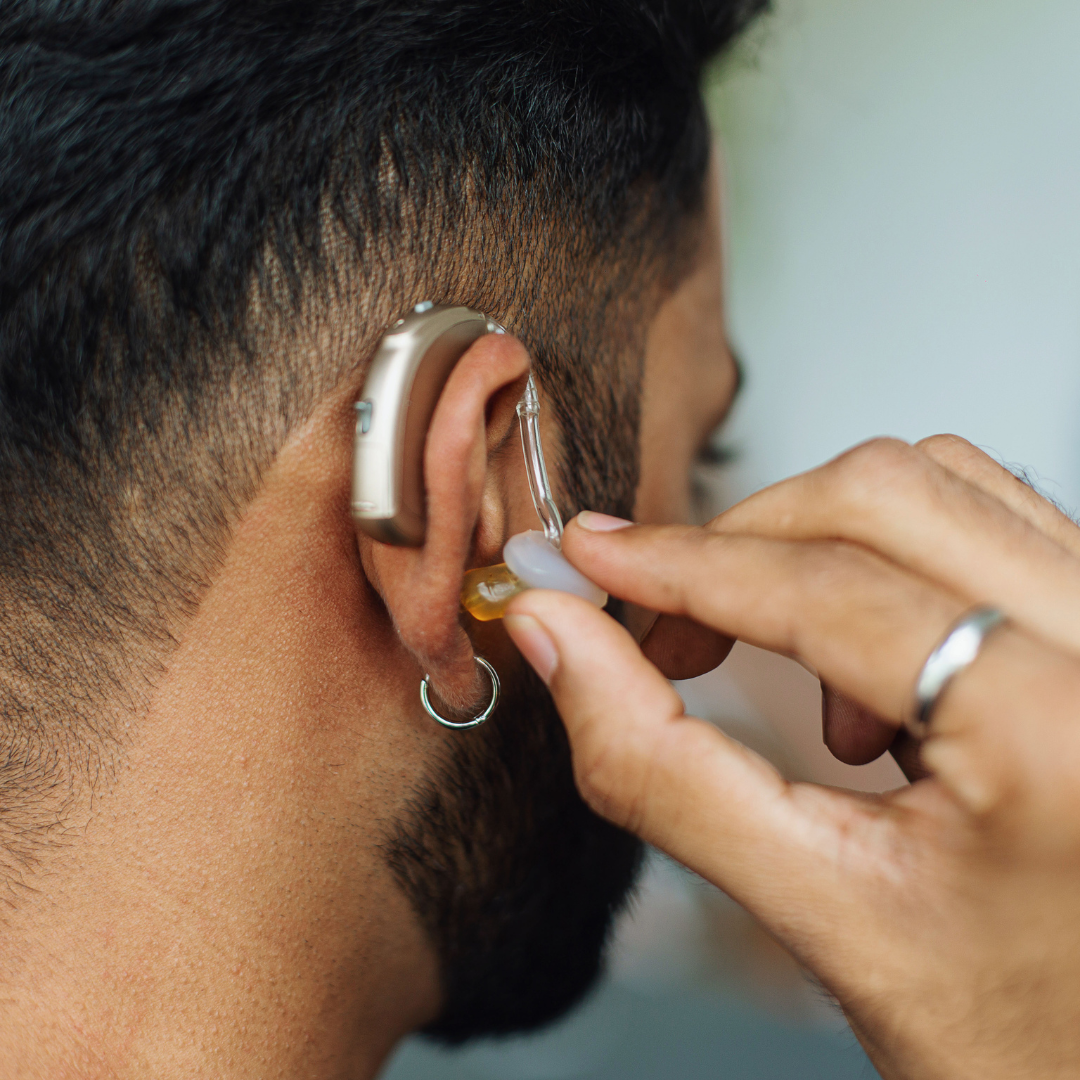Coping with chronic pain is difficult for anybody who suffers from it. While you might try to get to the doctor as often as possible, the time between appointments and subscription refills can feel like a lifetime. It doesn’t need to be this way, though. There are ways to cope without a doctor. If you are struggling, these ways are worth looking into while you wait for your next appointment.
Low Impact Exercise
Those who don’t suffer from chronic pain believe that exercise is impossible, but that is not always the case. Depending on the source of your pain, you can still maintain a healthy and active exercise routine to ease the pain and keep you mobile.
Workouts such as running are not recommended, as they place too much strain on joints and muscles. However, you can still consider exercises such as swimming or yoga to help keep you in decent shape while also reducing the stress and pressure on joints. Exercise should always be part of your daily routine, and while you don’t need to do a lot, every little help.
Natural Remedies
Pain-relieving natural remedies are another useful stop-gap when waiting for prescription refills and appointments. Depending on where you live, you can seek advice on diffusing essential oils, sampling Edibles, or finding teas and similar food and drink that can prevent inflammation and residual discomfort.
Often, you can get these remedies at the supermarket, although you may need an additional prescription for other treatments. It’s also useful to explore different options, and while it may not have the same effect as your regular medication, they can offer some assistance in the meantime.
Support Groups
If you’ve not yet considered support groups, then this may be a useful remedy for your chronic pain. Too often people feel alone with their pain, especially considering their family and partner, while understanding, do not have the same experiences.
A support group allows you to discuss your experiences with those who are going through the same things as you. From here, you can find different treatment methods and gain valuable insight into managing your pain from those who know what you are talking about.
Pain Diaries
The final option is starting a pain diary where you can record your pain levels and thoughts as and when the discomfort occurs. Not only is it useful to note down your experiences to help work through issues, but a record will also help you identify pain patterns so you can make additional changes to your lifestyle if you notice a trend.
This pain diary will be useful for you to refer to when suffering from extreme pain, and it can also be beneficial for your doctor to help decide on the best treatment to explore.
Controlling Your Pain
While it’s not recommended to abstain from seeing the doctor altogether, it can take a long time for you to get an appointment. Instead of suffering through the pain, though, you can consider using these methods to control it better so that you are not in too much discomfort.












